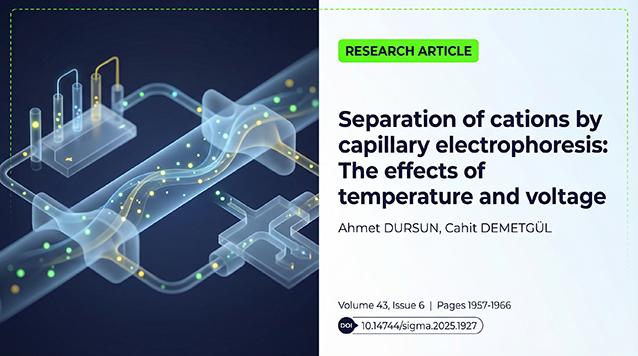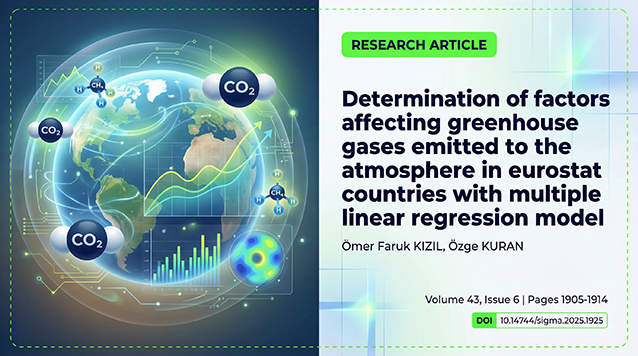2School of Computing Science and Engineering, VIT Bhopal University, Sehore, Madhya Pradesh, India
Abstract
Today's society faces an escalating stress problem so precisely measuring stress becomes vital for mental health support. The medical field uses non-invasive tools such as electroencephalography to track electric brain signals which provide information about mental states. The research develops a new deep learning framework which merges convolutional neural networks with gated recurrent units through optimizations achieved with the self-adaptive Walrus Optimization Algorithm. The detection of brainwave signal stress patterns occurs with high accuracy and efficiency through this stress detection model which makes early diagnosis possible with related interventions. The proposed system uses a dynamical convolutional model structure that combines adaptable dilation mechanisms with dropouts and a tailored loss function to boost learning generalization results. The Walrus Optimization Algorithm was built in Python before its deployment on Google Co-laboratory. Through different training and testing splits the method demonstrated 97.05% and 98.06% detection accuracy which outperformed conventional machine learning models. The findings from this work demonstrate practical application value for healthcare facilities and occupational safety systems in addition to mental health monitoring setups.















